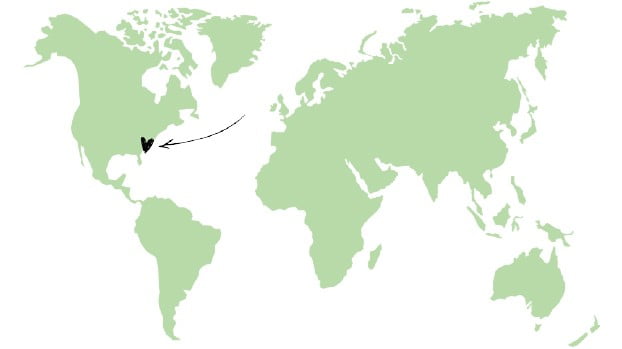Travel nursing is a demanding but rewarding career choice for many nurses. It allows them to tour different parts of the country, and even the world, while using their skills and expertise to assist in diverse settings and cultures. If a lifestyle filled with travel and variety, topped with dynamic work environments, sounds appealing to you, becoming a travel nurse may be your future career path. Below, we delve into what it takes to become a successful travel nurse.
Steps to Kickstart Your Journey as a Travel Nurse

To kickstart your journey as a travel nurse, plan your finances, transport, and accommodation. For example, you might need to buy a new car from a reliable dealership, like this one that offers new cars for sale in Providence. Travel nursing often requires you to move from one location to another every few months or, in some cases, even every few weeks. While some travel nursing assignments offer housing and transportation arrangements, many require you to have your own reliable mode of transportation. This is where having a new or reliable car becomes crucial.
Next, connect with staffing and recruitment firms, like temp agencies Atlanta, Georgia. These services can assist you as you find and manage your assignments. They have established relationships with healthcare facilities nationwide, allowing them to offer a range of assignments in different locations. This means that nurses can choose to work in their desired cities, or states, or even explore new places. Recruitment agencies offer to streamline the process of applying for travel jobs, making it easier and more convenient for nurses to pursue their passion for travel while advancing their careers in the healthcare industry.
Networking with experienced travel nurses could provide insights into different specializations, travel nursing agencies, and preferred locations. There are plenty of online communities and forums where travel nurses share their experiences and tips.
Consider your area of interest and look for hotspots in need. For example, if you have a passion for helping children, search for assignments in pediatric care. If you want to work in areas suffering from natural catastrophes or outbreaks, look for disaster-response or crisis nursing opportunities.
Understanding the Role of a Travel Nurse

As a travel nurse, you will travel to different locations around the country or the globe, filling in short-term roles where there’s a high demand. They leverage their expertise to address nursing shortages in various healthcare facilities, offsetting gaps due to leaves, training, or vacancies. They may also be called upon during a medical crisis. The roles and departments that travel nurses cover are diverse. From ICU and OR to emergency room and labor and delivery, the opportunities vary depending upon the needs of the location.
Thus, a travel nurse needs to be adaptable and equipped with a broad set of nursing skills. Most travel nurse assignments last 13 to 26 weeks, allowing nurses to choose new locations and experiences regularly. It means they get an opportunity to explore new places, experience different cultures, and meet new people while fulfilling their career aspirations. One might argue this lifestyle could be difficult for those who prefer a stable environment. However, for adventure seekers with a medical bent, nothing could be more perfect.
Skills and Attributes for a Successful Travel Nursing Career

Travel nurses need a unique set of skills and attributes to thrive in their transient roles. Firstly, they must have excellent clinical skills honed in their specialty. Their potential roles are varied and demanding, requiring them to hit the ground running without much orientation or support. They should also have strong adaptability skills. Since they frequently move between states or even countries, the ability to adapt quickly to new environments, new teams, and new systems is key.
Good communication skills are vital for interacting with patients. Travel nurses interact with diverse groups of healthcare professionals and patients—some may even be from different cultural backgrounds. Hence, being able to convey information accurately and empathetically across cultural lines is necessary. Travel nurses need to be resilient as well. There could be unexpected changes, challenging work conditions, or intense emotional scenarios for which they need emotional toughness.
As this blog clearly demonstrates, becoming a travel nurse requires a combination of specific education, hard and soft skills, resilience, and a passion for nursing and traveling. The adventure, learning, and satisfaction that come from making a difference in diverse environments make it all worthwhile. If you follow all of these useful tips, then you will be well on your way to building a career within the field of travel nursing.







